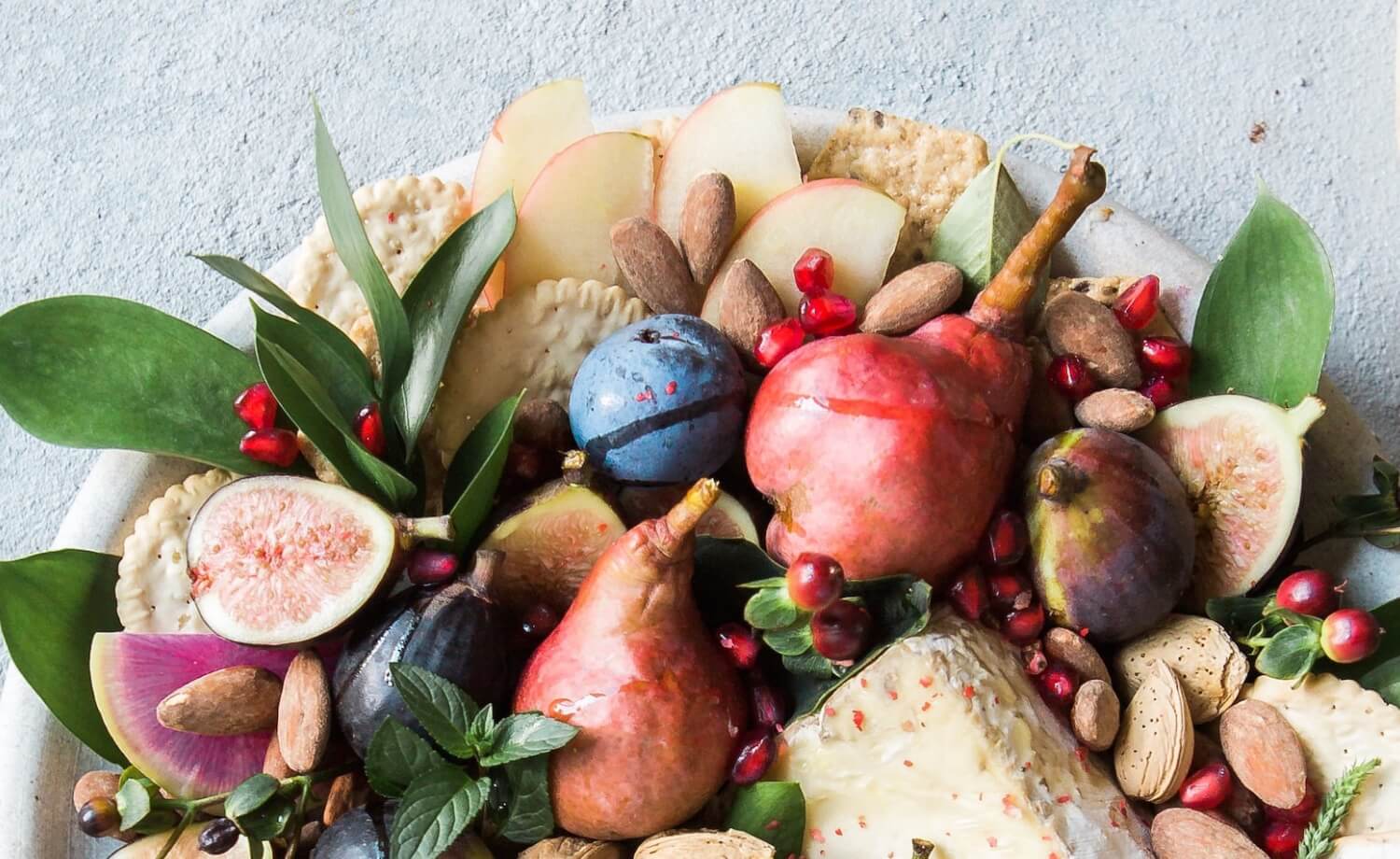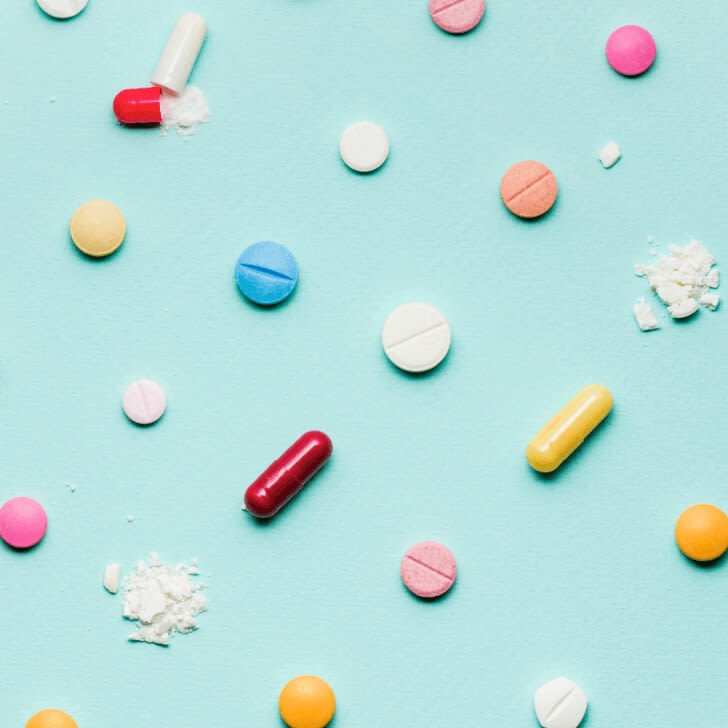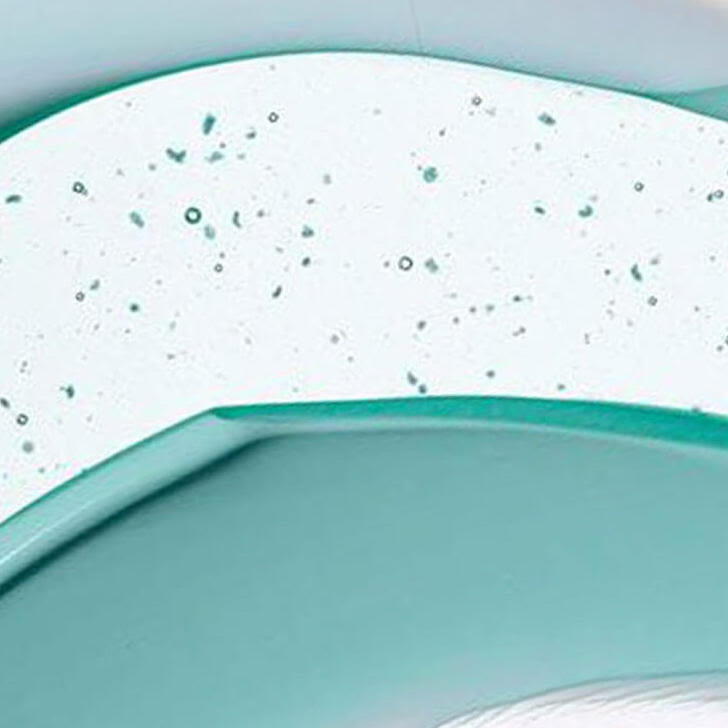Chocolate. Sugar. Dairy. Oil. A lot of different foods have developed acne-causing reputations over the years. If you’ve ever Googled acne, you’ve seen the articles and forums dedicated to getting to the bottom of the link between diet and acne. We’ve seen the articles and heard the tips, too – so we decided to ask one of our dermatologists about them! Dr. Maggie Kober is an expert on how diet can affect acne and she’s here to help answer your questions!
Q: First of all, does diet play a role in acne?
A: Yes! There are a few different possible links between diet and acne, but the one with the most evidence shows foods causing high, quick blood sugar spikes (i.e., foods) can also cause an increase in acne. These items include white breads, fries, donuts, potato chips – all kinds of highly processed snack foods. show that if you are acne prone, these types of foods can cause acne flares. In contrast, low glycemic index foods like fresh veggies, beans, and steel-cut oats have been shown to decrease acne in people who are acne prone. In a of over 2200 people who went on a low glycemic index diet, 87% had less acne. Researchers think that these spikes in blood sugar lead to inflammation and more sebum production, which is known to clog pores, and therefore cause more acne.
Q: What are the dietary changes people can make to help address their acne?
A: Trying to avoid or cut out those high glycemic index foods is a good place to start! A Mediterranean diet or a South Beach diet that mimics those characteristics – lots of fruits and veggies, lean meats, fish and seafood – can be beneficial for those who are acne prone.
Q: Many people point to dairy as a trigger for acne. Is there any truth to this?
A: The link between dairy and acne is not as defined as that between high glycemic index foods and acne, but there are a few studies that show that milk, particularly skim milk (even more than whole milk or two percent), is correlated with an increase in acne. Researchers believe it is the processing of skim milk that increases the bioavailability of factors responsible for causing acne. Milk contains hormones and bioactive molecules that can lead to higher levels of insulin-like growth factor, and this can stimulate sebum production, an oily substance, leading to more clogged pores. Insulin-like growth factor also stimulates androgen production which further contributes to acne formation.
Q: Is it all dairy, or just certain foods (milk, cheese, yogurt, etc.)?
A: Interestingly enough, there doesn’t seem to be an association between yogurt and cheese and higher instances of acne [Editor’s note: Whew! 😅 Our cheese is safe].
Q: It seems like a common theme between both the high glycemic foods and skim milk is an association with a lot of processing. Do you think staying away from highly processed food is a good rule of thumb when trying an acne-prevention type diet?
A: There are various food processing methods, making it more difficult to study the link between the method of processing and acne. Because of this I hesitate to make that leap between processing techniques and acne. That being said, a lot of different food processes do result in foods high in refined sugars, and these you would want to stay away from.
Q: Are there any differences in how specific foods can affect the skin of men and women?
A: From an acne standpoint, there aren’t really foods that would affect men and women differently – that is to say, the concerns outlined above would affect everyone similarly. We know hormones are linked to acne, and the differences between men and women are likely hormone-related. In regards to women who experience adult acne and flares around their periods, the foods that are high on the glycemic index and milk can boost androgen and sebum production which may lead to more acne.
Q: I’ve read on various skincare forums that spearmint tea can help decrease hormonal breakouts. Is there any truth to this?
A: The benefits of tea would lie in its antioxidant properties. There are a few studies that look at taking oral antioxidants to improve acne, but the results are not statistically significant to support effective anti-acne effects.
Q: If someone were to implement diet changes, how long would it take for these changes to be reflected in the skin?
A: You would probably start to notice within 2-3 months, maybe even sooner. Many of the systems that these foods would affect work in biofeedback loops such that it takes time for the body to react to dietary changes (we are talking weeks, not days!). A sustained lifestyle change would be necessary to really start seeing the effects of cutting out milk or processed foods. However, if you don’t see any changes after about four to six months, it’s likely you wouldn’t see any after that.
For further reading on diet and acne, check out our sources in the sidebar. You can find Dr. Maggie Kober on Instagram @drmaggiekober, and on Facebook and Twitter!
This conversation has been edited for length and clarity.




